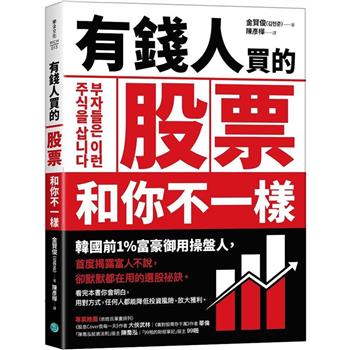China is transforming itself, and the world is adapting in response. Profound forces have reshaped the country’s socioeconomic and political landscapes, but they have also brought challenges--growing pains--that China must face if it is to continue its upward trajectory.
Despite its successes, China is experiencing sharp growing pains. Rising levels of protest have accompanied the country’s wrenching structural transformation. Corruption has prompted some observers to claim that the Chinese government is nothing short of a "predatory state." Legal reform continues to languish. Given that such challenges remain, can it be said that China’s structural changes have succeeded? Or is the country trapped in transition?
Growing Pains contains new analytical and empirical research from preeminent scholars working on contemporary China. These scholars identify which of the many problems thought to threaten China’s reforms are not as serious as some interpreters claim, as well as those that have already been solved. Further, they point to other high-profile challenges, some of which truly are serious and loom on the horizon. With thoughtful, nuanced analysis, the contributors tackle thorny issues in China’s ongoing reforms--employment, land policy, village elections, family planning, health care, social inequality, and environmental degradation--and use rich survey data and on-the-ground observation to assess the severity of the problems and the likelihood of near-term solutions.
Moving beyond the hype and hysteria that often characterize conversations about contemporary China, Growing Pains seeks to present not an optimistic or pessimistic perspective but rather an objective, empirically based view of the country’s transition.












